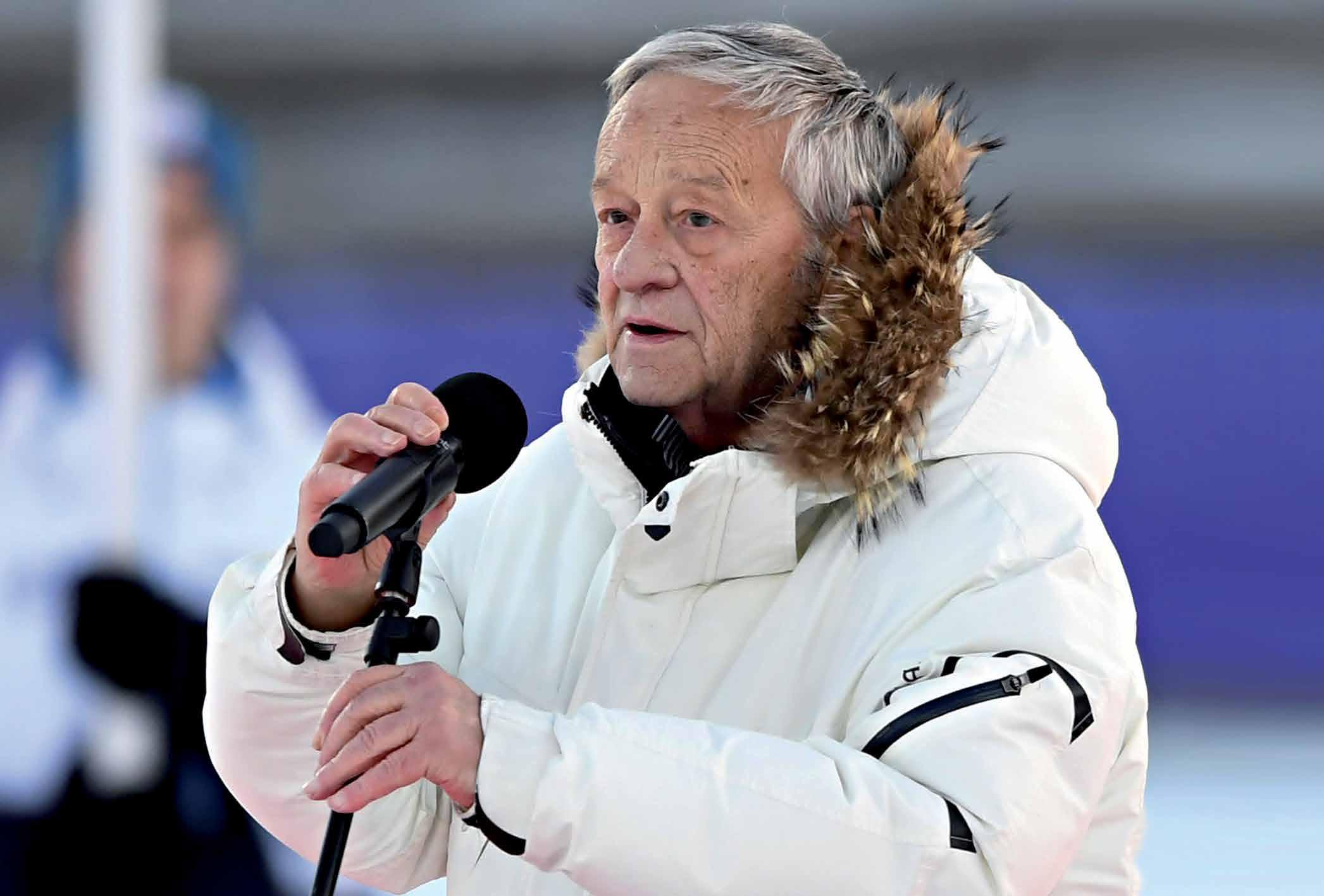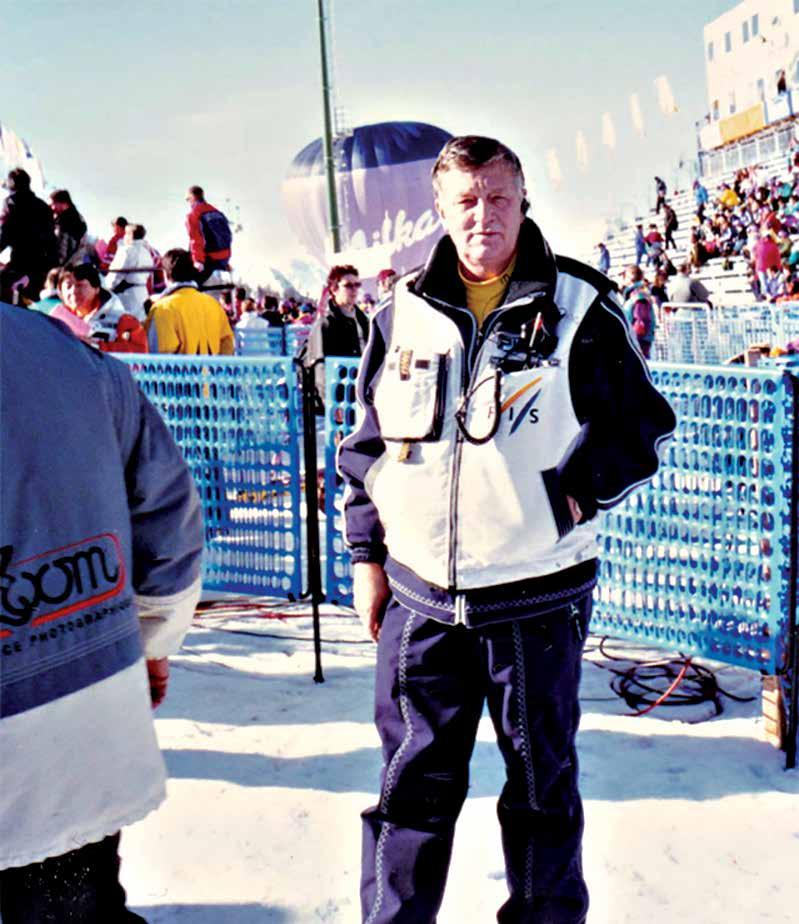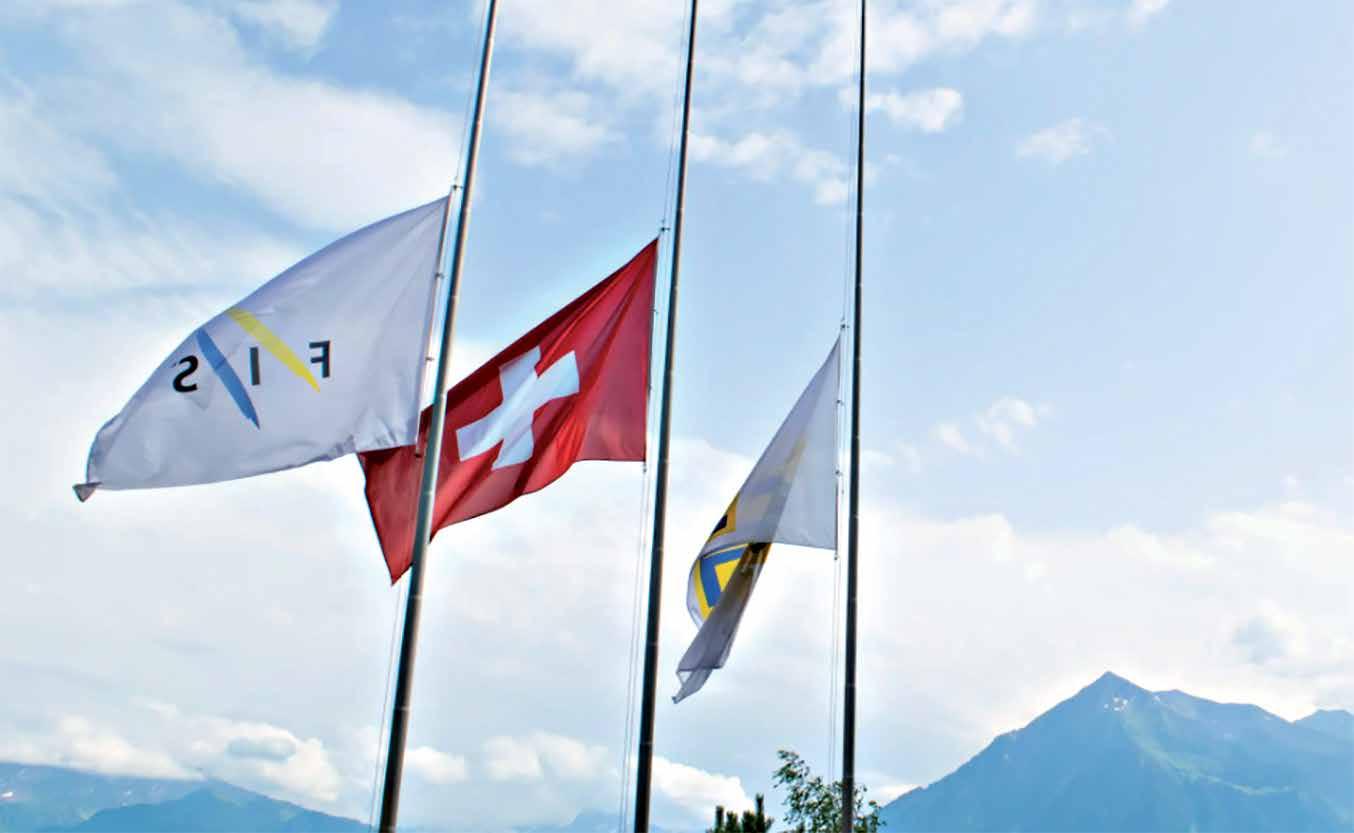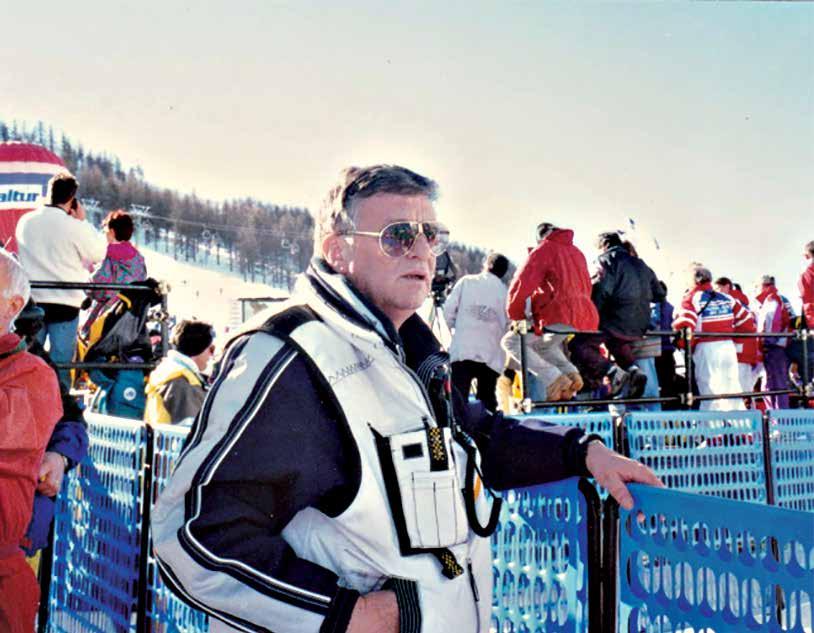
6 minute read
President‘s Report
from FIS Bulletin 2021
by FIS
by gian Franco kasper
I am pleased to present to all stakeholders a report on the previous year of activities of the International Ski Federation (FIS). In the last 12 months, the FIS family has seen many unprecedented changes and necessary adaptations due to the Covid-19 global pandemic, including the postponement of the FIS Congress.
Advertisement
First and foremost, I would like to express the sincerest thanks from FIS to everyone who has contributed to the many aspects of organising, supporting and promoting our sport at all levels. We have countless stakeholders who have been dedicated to our sport, enough to fill many pages, and certainly too many to list here. From the volunteers to the most accomplished professional athletes, everyone’s contribution is critical to the success and future of our sport.
Diving into specifics, it was positive that in this last year some major doping cases came to a close with the perpetrators being rightfully punished. I am hopeful that these outcomes serve as a reminder to anyone considering cheating that their decisions will catch up with them and that there is always a high price to pay when it does.
FIS remains committed to a no-tolerance policy when it comes to doping and indeed all aspects of unethical behaviour, including manipulation of competitions and other forms of corruption. At FIS, we strive to be a good citizen of sport abiding by all standards and working for transparency and inclusivity.
In this aspect, I am particularly proud of the strides FIS has made in the last two years in its governance. In a survey of all International Sports Federations, FIS placed in the top tier for its governance. Although this was reason to celebrate, there is still much work to be done. Our ‘High Five’ gender equity project is well underway, but there is still room for improvement.
And naturally, there is never enough any one person or organisation can do for sustainability and the ongoing battle against climate change. This will become an increasingly important theme as the winter months become shorter and less predictable.
One way FIS ensures that skiing and snowboarding will continue to be practised globally is by reaching out to the next generation of young athletes. The Bring Children to the Snow campaign, which was founded in November 2008, is still one of the cornerstones of global development in the sport and something I am particularly proud we started at a time when very few international sports had global development on their radar. It is truly a best-practice program and I hope it will continue to thrive for many seasons to come.
I would be remiss if I did not thank our long-term loyal partners by name. It is thanks to their close connection to our sport that we can continue to expand and thrive. Of particular note are Audi, Viessmann, Coop and Longines, which are not just partners of FIS, but of many national ski associations, athletes and local organisers. The resources generated through the sponsors of the FIS World Cup series enable FIS to employ professional expertise to collaborate with, and support organisers to, stage their events at the best possible level.
This brings me to the events that were staged during the last season. It came as a shock to us all in March 2020 when from one day to the next, the season was declared finished and everyone was ordered to go home due to the outbreak of the Covid-19 pandemic. Little did we know then that those cancellations were just the beginning of what remains a serious global health challenge that has changed not only the sports world, but the lives of every person on this planet.

Notwithstanding this, FIS remained busy staging thousands of competitions in more than 50 countries. Many of the events on the regular FIS calendar were lost due to the pandemic but, ultimately, we kept our schedule robust at all levels and continued to demonstrate that skiing and snowboard are loved at all levels and in all corners of the world.
When the 2020/21 season opened in October 2020, no one quite knew what to expect. With the world changing virtually on a daily basis, we did not know if major sports events would be staged over the next five months. We did not know what travel and event restrictions would be put into place. And we did not know how quickly or slowly the Covid-19 pandemic would spread.
Thankfully, we had spent a busy summer prior to the season planning for all scenarios. Working with all our stakeholders, we developed safety protocols and an event model that held up through the entire five months. Naturally, much like the pandemic, the model was constantly evolving and a tremendous amount of flexibility was required from the entire ski family.
In the end, we were able to carry out more than 300 World Cup competitions across all disciplines. Not surprisingly, we had some cancellations, but we also saw the willingness of everyone to work together to reschedule lost events to help ensure a nearly-full calendar.
As you will see in the pages of this report, the 2020/21 season was filled with many highlights. Naturally at the top of this list are our FIS World Championships. Organisers in Cortina d’Ampezzo (ITA) and Oberstdorf (GER) spent the last five years planning for flawless World Championships.
Despite all of the Covid-19 regulations, organisers were absolutely determined to put on successful and memorable World Championships. In the end, their creativity and passion brought the World Championships to life on the screens of millions, making their blood, sweat and tears worth the effort.
I would also like to thank the organisers of our Snowboard, Freestyle Ski and Freeski World Championships, who stepped in at the 11th hour to host our marquee competitions with very short implementation phases. To our partners in Idre Fjäll (SWE), Rogla (SLO), Almaty (KAZ) and Aspen (USA) we are grateful that you allowed our athletes to shine.
Each and every individual who worked on every level at all of our events during the last season was critical to our success. From our World Championships to FIS-level events, it took working together as a team to make it to the finish line of the season.
As the last 12 months have shown us, we don’t know what challenges will greet us in the upcoming decade and beyond. But, most importantly, we do know FIS is well prepared to continue evolving and adapting. We live in a fast-changing world and there are many opportunities to improve the way we stage, promote and communicate our sport.
Editor’s note:
The President’s report and international Ski Federation activity Summary is respectfully submitted for the period May 2020 to May 2021 and was written by gian Franco kasper.













